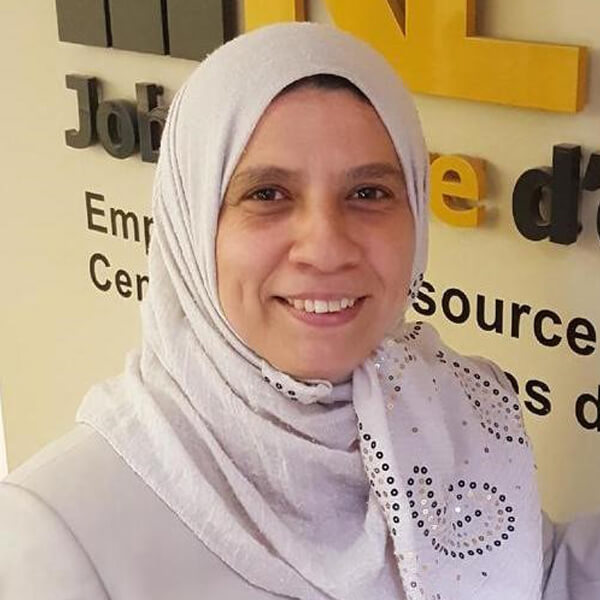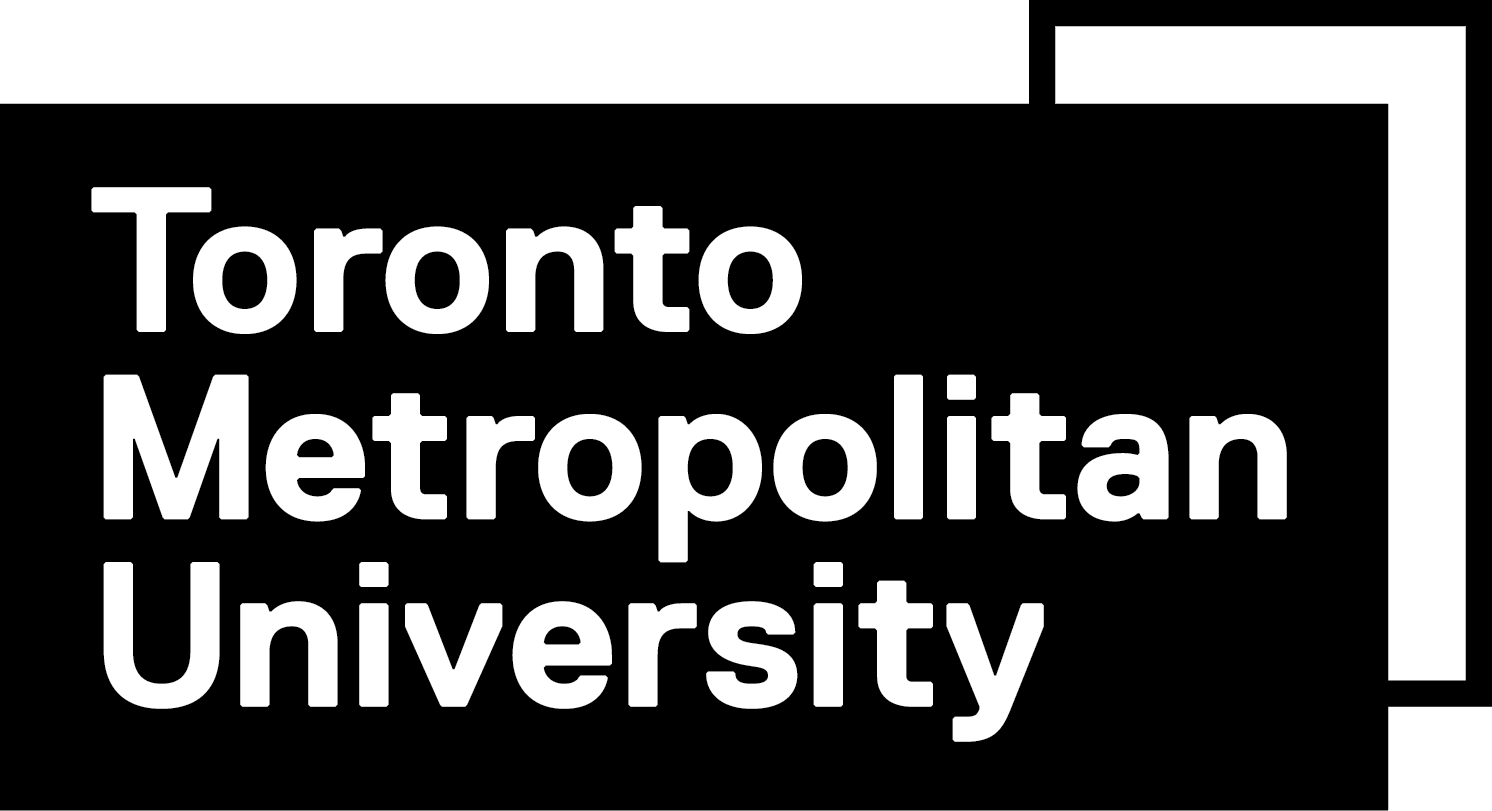
Virtual • February 28, 2023
Elevating the Quality of Work for Everyone
Future Skills Centre Virtual Event
Beyond job creation, employment participation, and skills development, we must also consider the quality of the work as a positive contributor to Canada’s future of work.
Improving the conditions under which people work will benefit all. Low wages, benefits, health and safety, autonomy, voice, security, flexible work, and other factors that have disproportionately affected underserved and marginalized populations can be improved to help employers with the challenge of recruiting, retaining, and growing workers. Positive changes to these components of quality of work (QoW) can also create a stronger, more productive workforce and a flourishing labour market for the future.
What can be done to drive higher-quality work environments? What is the role of employers? What do skills leaders need to know?
What to Expect
This two-hour virtual event will feature interactive plenary discussions and deep-dive case studies with speakers from various industries, sectors, and geographies who are working to elevate QoW.
Leading Insights With Practical Take-Aways
Explore quality of work dimensions.
Understand how organizations are elevating quality of work locally, nationally, and internationally.
Find out how governments and policy-makers, sector and industry representatives, and workforce development practitioners and councils all play a role in elevating QoW.
Agenda
Please note: All agenda times are in Eastern Standard Time. See what time that is for you.
1:00 pm
The future of work should be based on the principle that everyone has an opportunity to thrive in a changing economy and share in Canada’s prosperity. And shared, inclusive prosperity is key: the belief that all members of society should have the chance to participate, belong and contribute in their best ways, reaping rewards and benefits that also strengthen our economic bottom line.
This panel will focus on exploring Canada’s labour market policies and how they shape quality of work. Panelists in this session will discuss what is needed, and what conditions are required to succeed, in elevating the quality of work for more people.
Moderator

Pedro Barata
Executive Director, Future Skills Centre
Panelists

Gladys Ahovi
President & CEO, Foundation for Black Communities

Anton Solomon
Director, Labour Market Development, Yukon Government

Armine Yalnizyan
Atkinson Foundation’s Fellow, Future of Workers
2:05 pm
By working together, unions and health care providers can develop solutions that better meet the needs of patients, caregivers, and businesses, and improve the overall quality of care. Learn how SEIU Healthcare ON and long-term care employer Rekai Centres are partnering to strategically assist with working conditions, such as addressing concerns around employee safety, scheduling, training, and support, and addressing the unique needs of patients and caregivers in long-term care. This session reflects on a recently established, ongoing partnership between SEIU and Rekai Centres to leverage their strengths and common goals to co-design sustainable solutions that address their needs and challenges related to staffing and long-term care.

Tyler Downey
Secretary Treasurer, SEIU Healthcare ON

Afaf Zaheer
Director, Human Resources, The Rekai Centres
NPower Canada designs training programs to empower job seekers with the skills and knowledge needed to excel in sought-after technical roles within the tech industry. Through partnerships with employers, the program ensures that participants are placed in meaningful, sustainable careers with good wages, benefits, and opportunities for advancement. This session will explore the unique approach NPower Canada takes to building advancement pathways for underserved job seekers and collaborating with employer partners that prioritize and place value on offering quality jobs.

Talitha Pegus
Senior Manager of Employment Engagement, NPower Canada
Employee ownership is linked with driving innovation and productivity, improving employee satisfaction, and enhancing long-term business success. Additionally, employees who participate in an ownership program often have the opportunity to share in the company’s financial success and are given a voice to influence decisions that affect them. This session features a real-life example of an existing employee ownership program and discusses the associated benefits and challenges. Learn about their experience and gain valuable and practical insights into the key factors that contributed to the success of their program.

Dr. Patience Adamu
Director, Equity, Diversity and Inclusion, Aecon Group Inc.
Small and medium-sized enterprises (SMEs) are a vital part of the economy, yet they often face unique challenges in attracting and retaining a diverse workforce. It is becoming increasingly critical for employers to adapt to the changing experiences and needs of the workforce. This session will explore the importance of inclusive workplace practices for SMEs and the role they can play in developing policies and practices that support the recruitment, retention, and advancement of a diverse workforce. The panel will share examples, best practices, and key considerations for creating a worker-centred inclusive workplace culture as a solution to address prevailing labour challenges.
Speakers

Wessam Ayad
Learning and Development-EDI Manager, KEYS Job Centre

Phyllis MacCallum
Manager AgriLMI, Canadian Agricultural Human Resource Council
Speakers
Login
Join a national conversation on the quality of work.
About The Future Skills Centre
The Future Skills Centre (FSC) is a forward-thinking centre for research and collaboration dedicated to preparing Canadians for employment success. We believe Canadians should feel confident about the skills they have to succeed in a changing workforce. As a pan-Canadian community, we are collaborating to rigorously identify, test, measure, and share innovative approaches to assessing and developing the skills Canadians need to thrive in the days and years ahead.
The Future Skills Centre was founded by a consortium whose members are Toronto Metropolitan University, Blueprint, and The Conference Board of Canada, and is funded by the Government of Canada’s Future Skills Program.
In partnership with:







